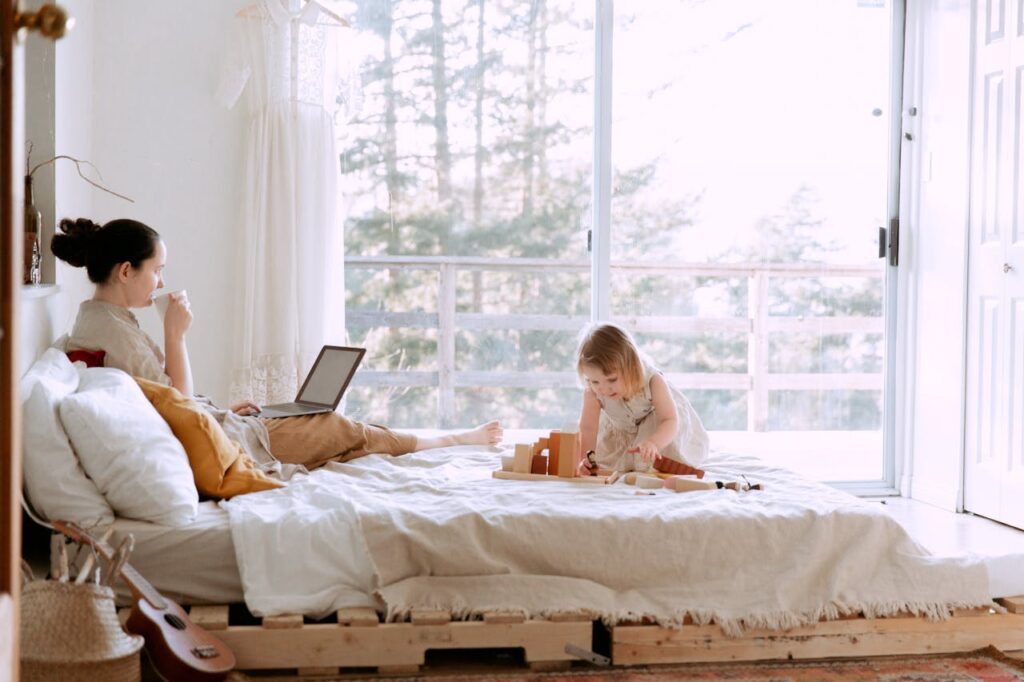Are You Spending Too Much Time in Bed? Here’s Why It Could Be a Problem
Ah, bed. The ultimate safe space. It’s where we binge our favorite shows, scroll endlessly on our phones, and occasionally snooze the alarm one too many times. But for Gen Z, this comfy haven has given rise to a trend called “bed-rotting.” While it may sound like a horror movie plot, it’s actually just spending extended periods in bed — not sleeping, but simply existing.
At first glance, it seems harmless, even therapeutic. Who doesn’t need a day to curl up under the covers and escape the world? But according to marketing professor Scott Galloway, indulging in too much “bed-rotting” might quietly derail your future.
@wallstreetjournal “If you're not working, you should be with friends, trying to find a mate or working out,” said Scott Galloway, NYU marketing professor and host of The Prof G Pod podcast, at the #WSJCEOCouncil Summit on Wednesday. To be successful, he said, it takes 110%. #scottgalloway #success #howtobesuccessful #careeradvice #jobs #worklifebalance #hustleculture #dating #wsj #thewallstreetjournal #wsj ♬ original sound – The Wall Street Journal
Speaking at the Wall Street Journal’s CEO Council Summit, Galloway didn’t hold back. “You should never be at home,” he declared. “Home is for seven hours of sleep, and that’s it.” He warned that spending excessive time at home — and in bed — could hurt both your professional and romantic prospects.
A recent study from Harvard and other top institutions backs this up. It found that employees who work in the office often enjoy greater success. Why? Direct feedback and personal relationships. When you’re physically present, you’re more likely to get noticed, mentored, and promoted.
Galloway explained, “If you’re young and ambitious, get into the office. Your career depends on relationships. Two or three people might be equally qualified for a job, but the person with the best relationship gets it.”
And it’s not just about work. Your personal life could also take a hit. Galloway pointed out that a significant chunk of romantic relationships — about one-third — begin at work. Staying home might feel cozy, but it could mean missing out on friendships, mentorships, and even love connections.

Of course, there’s no harm in the occasional lazy day. After all, we all need a mental health break now and then. But Galloway’s advice is clear: don’t make it a habit.
He summed it up with some tough-love wisdom: “If you want to be in the top 10% — or even the top 1% — you’ve got to buckle down. That means two decades of hard work. You can have it all, just not all at once.”
So, the next time you’re tempted to spend an entire day “bed-rotting,” ask yourself: Is this helping me, or holding me back? Share your thoughts with us in the comments below, and tag a friend who needs to hear this!




